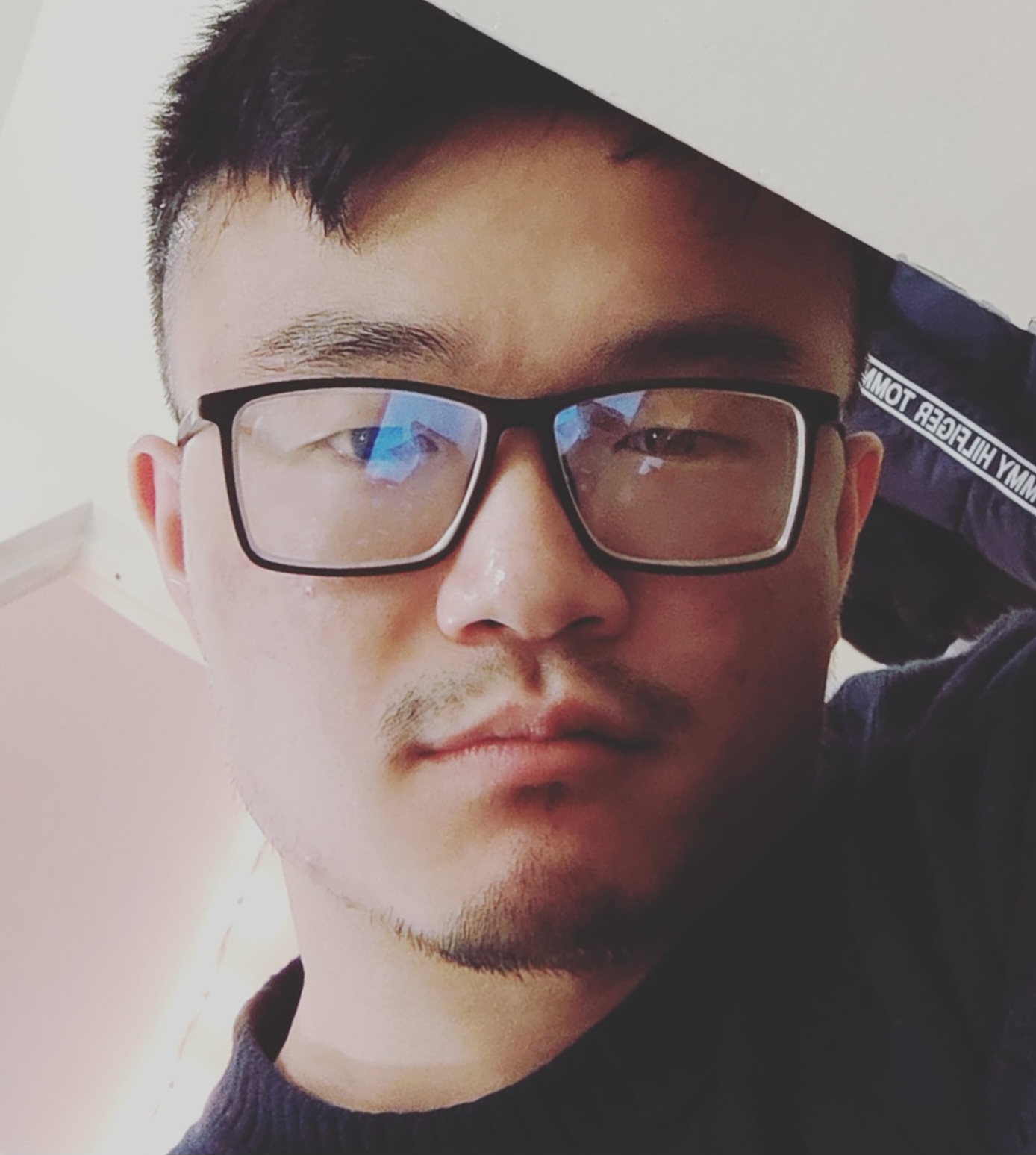Week 3, Reflections on Building Our First Browser Extension
When we first started this project, our team didn’t run into any major problems–at least nothing unexpected. Right away, we set up a group chat on Discord as our main commnication hub. Fromt here, we pitched ideas for the browser extension, dicussing what would be feasible within our short one-week timeframe. Rather than tackling something overly complex that might break at the last minute, we chose to focus on core open-source elements–communication, contributions, licensing, documentation, and styling guides. This approach alowed us to balance learning about open-source collaboration while keeping the project manageable.
Getting Organized
Our first meeting was all about figuring out who we wer as a team. We kept it short but productive, discussing our individual strengths and weaknesses. Some of us were stronger at coding, while others excelled at organization, design, or documentation. This conversation helped us divide responsibilities in a way that made sense. We either took on roles we were not used too or learned new ones.
How Did I Contribute?
For my part, I took on a project manager/organizer role. Even though the project scale and number of team members were small, I thought I could try and help make working on the project more convenient for everyone. I was responsible for setting up meetings and making sure everyone had a clear understanding of their tasks. I also helped define our workflow, introducing soft deadlines for initial development and a hard deadline for final polishing. This simple structure ensured we could focus on getting a functional prototype up and running early on, leaving room for refinements rather than last-minute crunch time.
Collaboration and Problem-Solving
One of the things I appreciated most about this project was how well we communicated. We checked in regularly and shared progress updates. When we encountered a bug in the code, we used the issue request feature on our repository to document the problem, tag the right conributors, resolve it quickly, and then properly closing the issue request.
Aside from coordination, my biggets contributions were handling the legal and documentation aspects of our open-source project. I worked on setting up key files like the READMe, contributions.md, license, and code of conduct. This involved writing, editing, linking, and citing sources to ensure clarity and accessibility.
What I learned
One of the biggest surprises for me was how much I enjoyed the organizational side of the open-source collaboration. Setting up tasks, structuring the repository, and managing the documentation felt just as rewarding as building the extension itself. I also gained a deeper appreciation for communication.
Overall, this project was a great introduction to both browser extension development and open-source collaboration. It was a small but valuable step into working on projects where communication, organization, and contribution structure are just as important as the code itself. I’m looking forward to applying these lessons to future projects!
